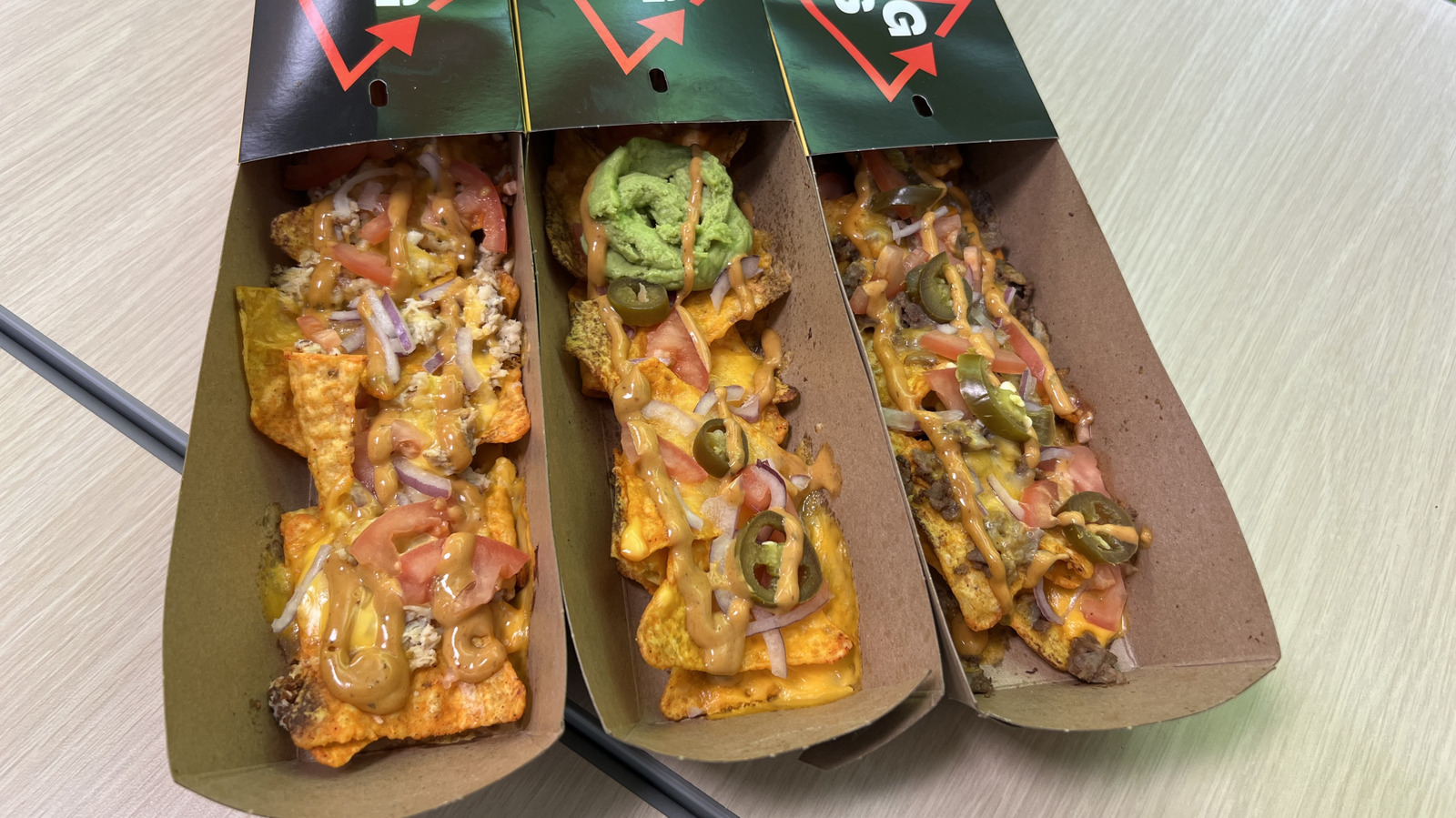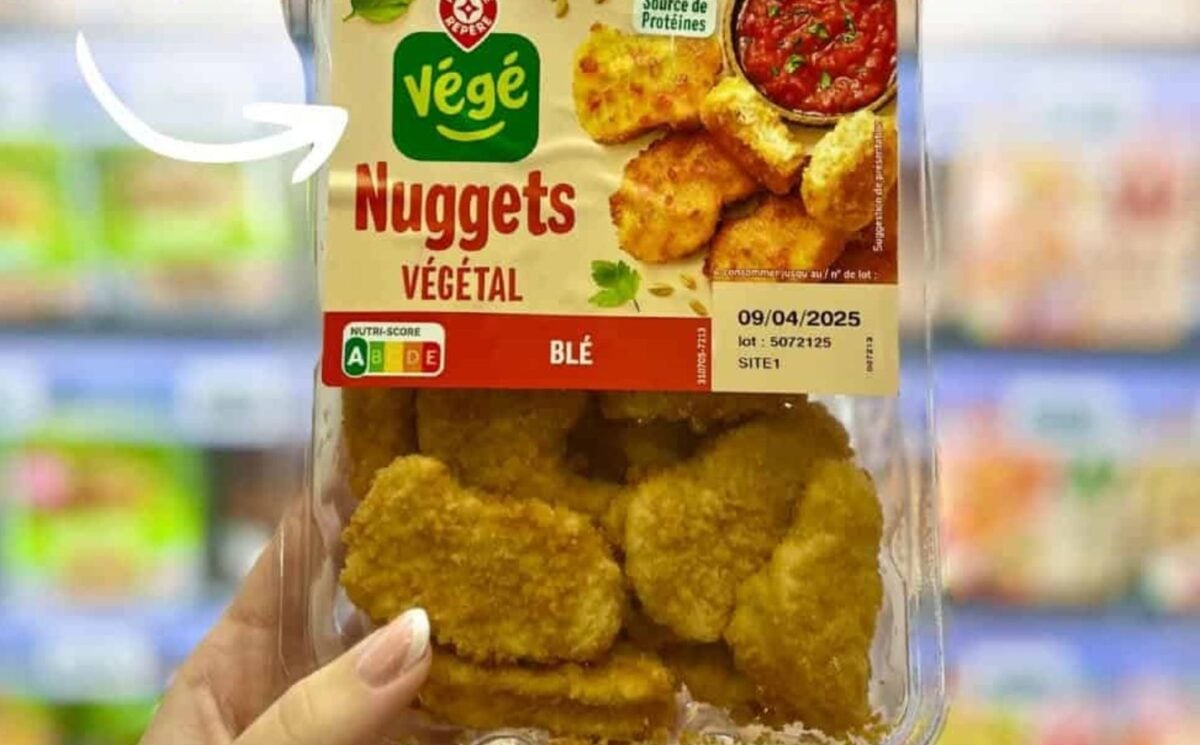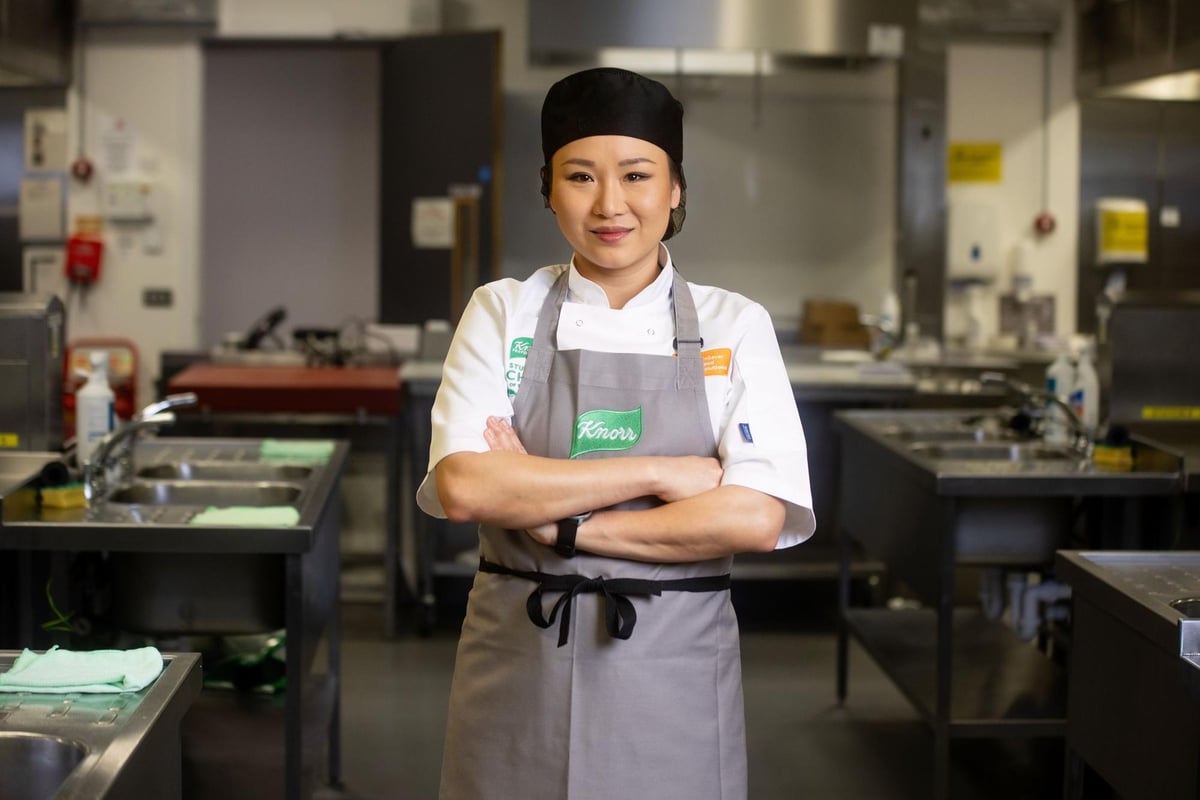
Two independent Colorado breweries, both longtime backbones of the craft beer industry, will merge into a single entity, according to the owners of both companies.Left Hand Brewing, which was founded in Longmont in 1993, will absorb Aurora’s Dry Dock Brewing in a move that was funded in part by Left Hand’s recent share offerings through both a Wefunder campaign and a Regulation D sale. It has so far raised more than $2 million.
Related: 31-year-old Great Divide Brewing has sold to a new — and local — ownerAs a result, Dry Dock, known for beers like Apricot Blonde and Hopricot IPA, will move all of its production from Denver, where it had been making beer at Great Divide Brewing, to Longmont. The Dry Dock Aurora taproom, at 15120 E. Hampden Ave.

, will remain open.“They’re taking our baby and helping us grow,” said Kevin DeLange, who started Dry Dock with Michelle Reding in 2005, in an interview with The Denver Post. “We are excited to have a brewery like Left Hand to entrust our brand to.
It feels like the best fit for us.”DeLange and Reding will acquire equity in Left Hand’s parent company, Indian Peaks Brewing, which is now the parent company of Dry Dock as well. They will also continue to oversee the Aurora taproom, and DeLange will remain in sales and as an ambassador for the combined entity, which will be able to offer beers from both brands in 45 states.
Left Hand was the third-largest independent brewery in Colorado at the start of 2024 (the last time numbers were available), while Dry Dock was ninth, according to the Boulder-based Brewers Association.Like other small breweries across the country, both have faced inflation, competition from other alcoholic beverages, and a challenging market overall. Sales and volume for breweries were down 2% between mid-2023 and mid-2024, the Brewers Association reported, adding: “In addition to a crowded marketplace, brewers continue to navigate a changing economy.
”“Things are changing. The whole culture around beer has shifted, and things need to shake out and settle,” Left Hand co-founder and CEO Eric Wallace told The Denver Post. “We’re telling people with this that we do see a future in joining together with other breweries.
...
Those of us who band together have a much likelier chance of survival than those who don’t.”Dry Dock Brewing’s Docktoberfest is released annually in September. (Provided by Dry Dock Brewing)The eventual goal, he continued, is to bring more independent craft breweries together under Left Hand’s platform.
“This partnership with Dry Dock is the first real step in bringing that to life.”The move comes just a day after Great Divide Brewing, another of Colorado’s legacy companies, was acquired by the newly formed Lafayette-based parent company of both Denver Beer Co., Funkwerks, Howdy Beer, Cerveceria Colorado and Stem Ciders.
Stem had merged with Denver Beer Co. and Funkwerks in February to create Wilding Brands, which now controls more than a dozen taprooms and restaurants across the Front Range. Great Divide founder Brian Dunn told The Denver Post on Tuesday that economies of scale have become much more important for breweries these days.
Other Colorado craft breweries have been teaming up with one another as well, including Denver’s TRVE Brewing, which moved its production to New Image Brewing in Wheat Ridge, while Tilray, a cannabis company, has rolled up several breweries, including Breckenridge.Before the merger with Left Hand, Dry Dock itself announced in 2023 that it would shutter its 30,000-square-foot production brewery on Tower Road in Aurora and move the majority of its beermaking and packaging to Great Divide.Founded in 2005 as an offshoot of DeLange’s and Reding’s homebrewing store, Dry Dock was the first brewery in Colorado to operate strictly as a taproom, meaning it didn’t package its beer or sell food — the model that every other brewery was using.
It grew quickly in the following years, with some of its beers achieving cult-like status, and many more winning medals.In 2013, Dry Dock expanded into a production warehouse with a taproom, a move helped along by the in-state success of its flagship beer, Apricot Blonde. It expanded quickly after that, becoming known more and more for its fruit-forward beers.
Left Hand was born — along “the banks of the mighty St. Vrain,” as the company used to boast — at the beginning of Colorado’s first craft-beer boom in the early 1990s. It grew from a tiny operation, selling growlers and bottles of English-style ales and German lagers, into one of the 50 largest craft breweries in the country, adding a taproom in Denver in 2022.
Along the way, it pioneered an innovative way to package its dark stouts with nitrogen gas so that they would pour as if they were on draft in a bar. Eventually, Left Hand became known primarily for its stouts, remaining independent even as several of Colorado’s other large craft breweries — like New Belgium, Oskar Blues, Avery and Breckenridge — were purchased by much larger, multinational corporations. It became employee-owned in 2015.
Subscribe to our new food newsletter, Stuffed, to get Denver food and drink news sent straight to your inbox..















